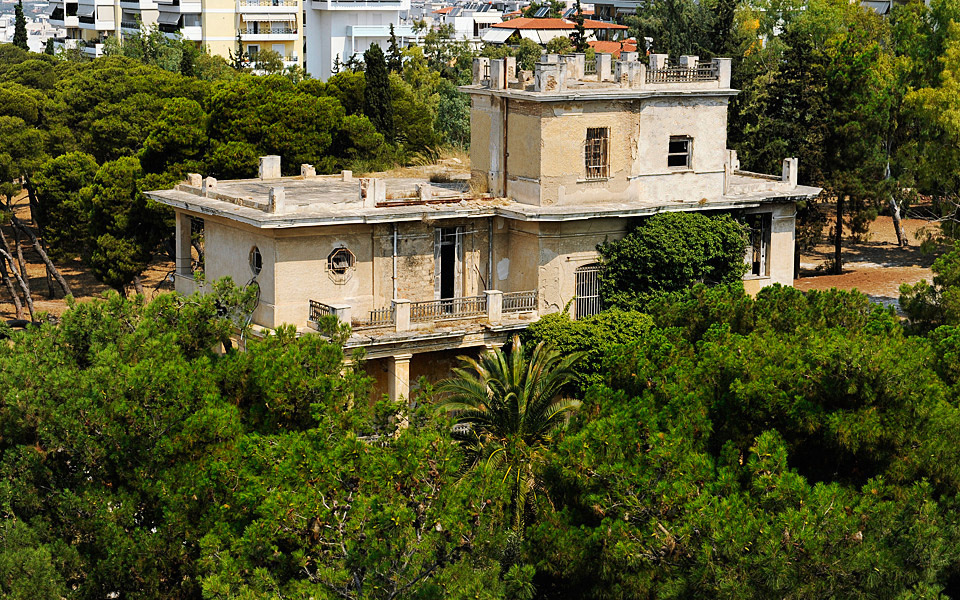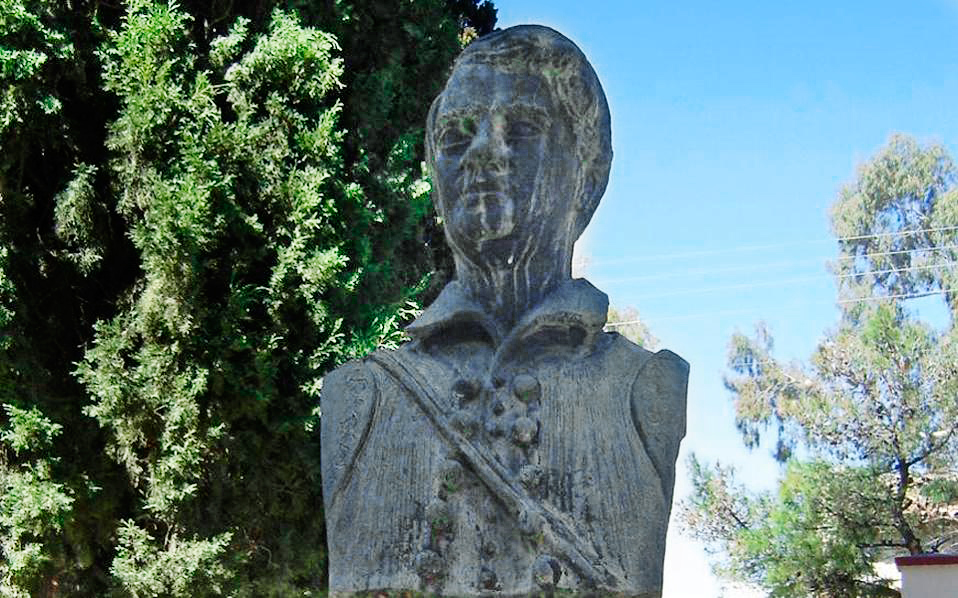Like that of an old couple bickering out of habit, Greece and Germany’s relationship has been tested because of the crisis. But it was not always so. Around 200 years ago, the two nations had developed close bonds. A reminder of this legacy are the thousand or so residents of Paleo Iraklio, an Athenian suburb, who have never forgotten where their ancestors came from.
These are the descendants of the Bavarians who moved to the area in 1837, put down roots and became gradually Hellenized. Modern Greek-Bavarians are Catholic and have, over the years, simplified their Bavarian names: Bittlinger became Pitlinger, Wanger became Wager, Fuchs became Fix and so on. It’s not widely known but the district is considered the cradle of Catholicism in Athens with parishes, monasteries and the city’s sole Catholic cemetery.
But why Paleo Iraklio? The story goes that when Otto – the Bavarian prince chosen by the Great Powers as modern Greece’s first king – settled in Athens in 1834, he started looking for an area to build his country house and for the families of his entourage to settle. It is said that he ordered his servants to slaughter lambs and hang them from trees in various areas in Attica. He would choose the area in which the lamb would take the longest to rot, since that area would be less humid and possess a better climate in general. In the end, lambs took longer to rot in the area where Plateia Othonos (Otto Square) is located. So in 1837, Otto established the Bavarian Military Colony of Iraklio, under commander-in-chief Christoforos Nezer (Christoph Neeser), whose grandson became a famous Greek actor. Around 33 people, mainly members of the court and mercenaries, settled there, forming the core of today’s community.
“I am fifth generation,” says 60-year-old Filippos Wanger, an active member of the Bavarian community of Paleo Iraklio. “The first Wanger was a viticulturist in Otto’s court, while my son is the first Christian Orthodox in our family.

© Vangelis Zavos
“Most still have their property and their jobs here, even though some left over the years and relocated to northern Attica. We still maintain our bonds, however, with the parish of Saint Luke playing a major role.”
Construction on Saint Luke the Evangelist’s Catholic church began in 1842 with funds from Otto’s father, King Ludwig of Bavaria. It was completed in 1845 and was the second Catholic place of worship in Attica (the first was built in 1839 in Piraeus by residents from the island of Syros, which had a strong Catholic community since medieval times). A statue of Otto stands in the courtyard, while close by lies the Catholic cemetery of Iraklio. The oldest and plainest tomb is that of Giorgios I. Fix, father of Ioannis Fix, Greece’s first brewer.
In 1862 the colony numbered around 70 inhabitants, but after Otto’s deposition that year it went into decline. Some of the community’s oldest members say that in order to keep the settlement going, marriages began to be arranged with Catholic girls from Syros. During the following decades many Greek-Catholic families settled in the area. From the beginning, Bavarians gave their children ancient Greek names in order to honor their host country. A typical example is the name above a local auto care shop: Xenofon Stangel.
Nowadays, one of the foremost reminders of that glorious time is the Fix Estate, an overgrown area of 2.7 hectares, where the country home of the Fix family used to be located, a 600 sq. m. structure in eclectic neoclassical style, built in the 1920s. The local municipality is currently negotiating with the family to acquire the site.
Originally published in Kathimerini newspaper
“From the beginning, Bavarians gave their children ancient Greek names in order to honor their host country.”











